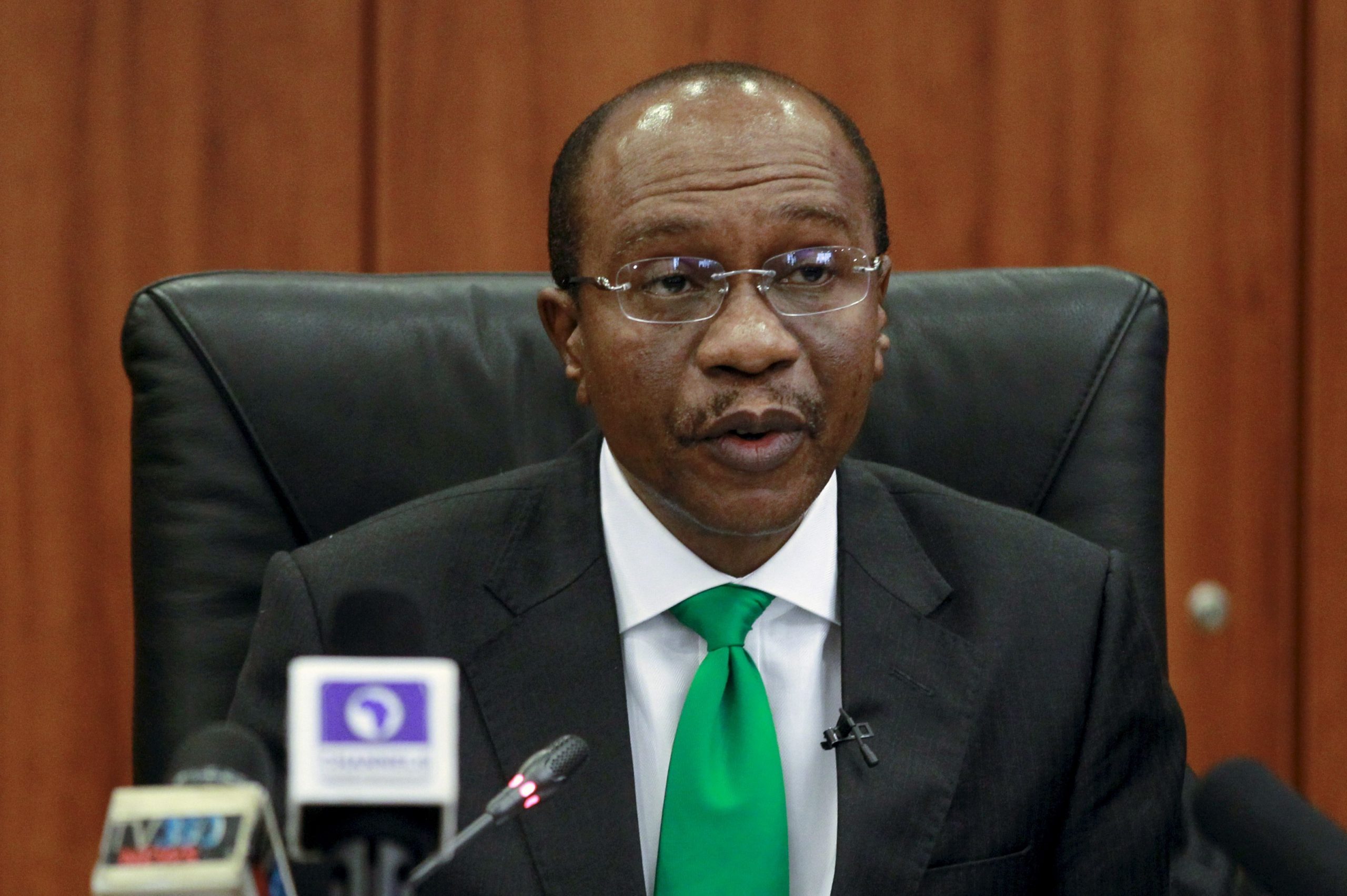The Central Bank of Nigeria (CBN) vowed on Saturday to sustain its policy of defending the naira against world currencies for the next five years. It said the policy is backed by the CBN Act.
Speaking at a Consultative Roundtable with the CBN Governor tagged: ‘Going for Growth’ held in Lagos, Governor of the apex bank, Mr. Godwin Emefiele, said the CBN would be disobeying the law by allowing the naira to float freely.
A flexible exchange rate, according to him, would not favour the poor.
“I am committed to protecting the naira. We cannot allow the naira to float freely,” he said.
Emefiele told his audience which included Governor Babajide Sanwo-Olu of Lagos State, Chairman Dangote Group, Alhaji Aliko Dangote, Zenith Bank Chairman, Jim Ovia, founder and Chairman of Honeywell Group, Oba Otudeko, one time Lagos State Commissioner of Finance, Wale Edun, Board Member, Standard Bank Group, Ateto Peterside, among others that the apex bank’s goal in participating in the roundtable session was to generate valuable insights from key stakeholders on the role Monetary Policy authorities could play in formulating and implementing policy measures that will support improved economic growth, as well as the creation of jobs in Nigeria both in the near and long run.
He said it would be difficult to achieve a low interest rate regime, a stable exchange rate regime and robust reserve position , a low inflationary environment, and an environment of full employment at the same time.
Read Also: CBN denies trending ‘stolen, missing money’ story
He said:”In fact, I love these and would have less stress in monetary policy if all these are possible. But the question we should ask ourselves at this session is, in the Nigeria of today, are these all possible at the same time?
“Put succinctly, we have watched some so-called economic and financial analysts through televisions and others through the newspapers say that ‘to grow the economy and create jobs, the CBN must allow exchange rate to free float, and also allow inflation to rise; while at the same time allowing interest rates to come down.’
“We have also curiously observed that these analysts have often reached different conclusions from those of the CBN. Again, I am not surprised at these views because most have done so with shockingly limited or outright incorrect information.

